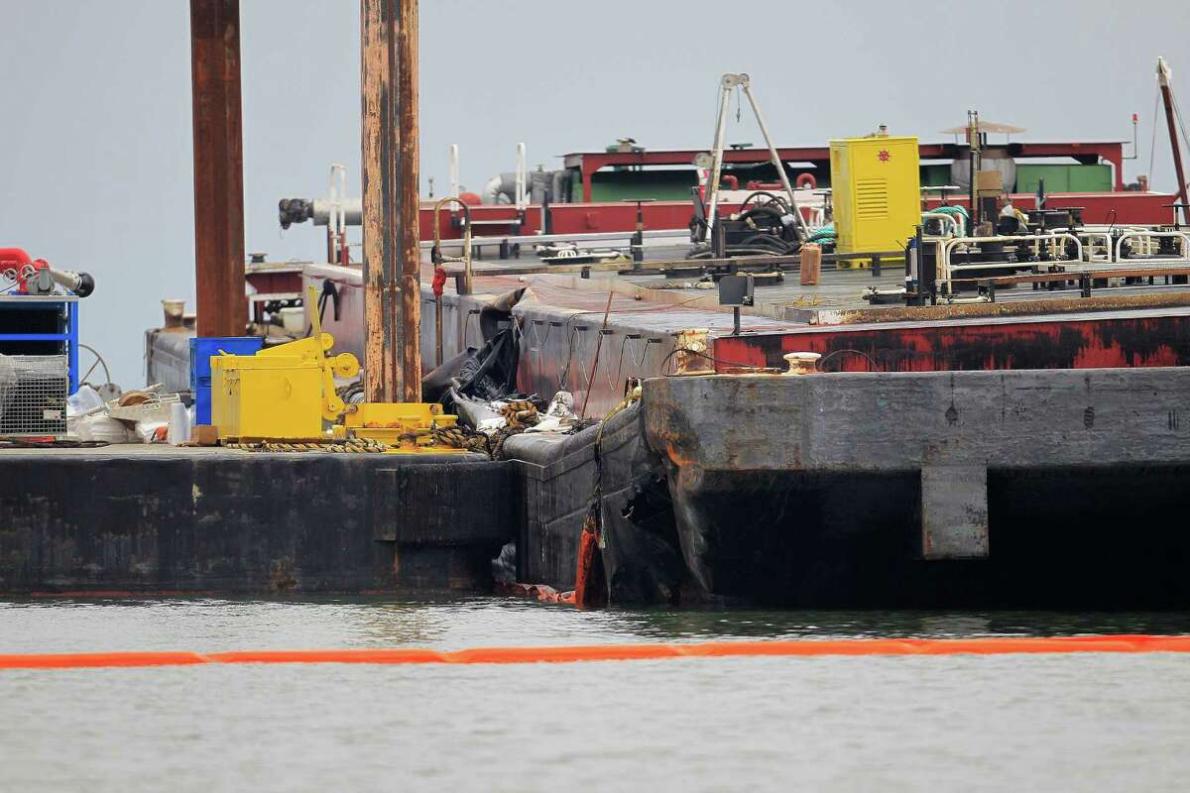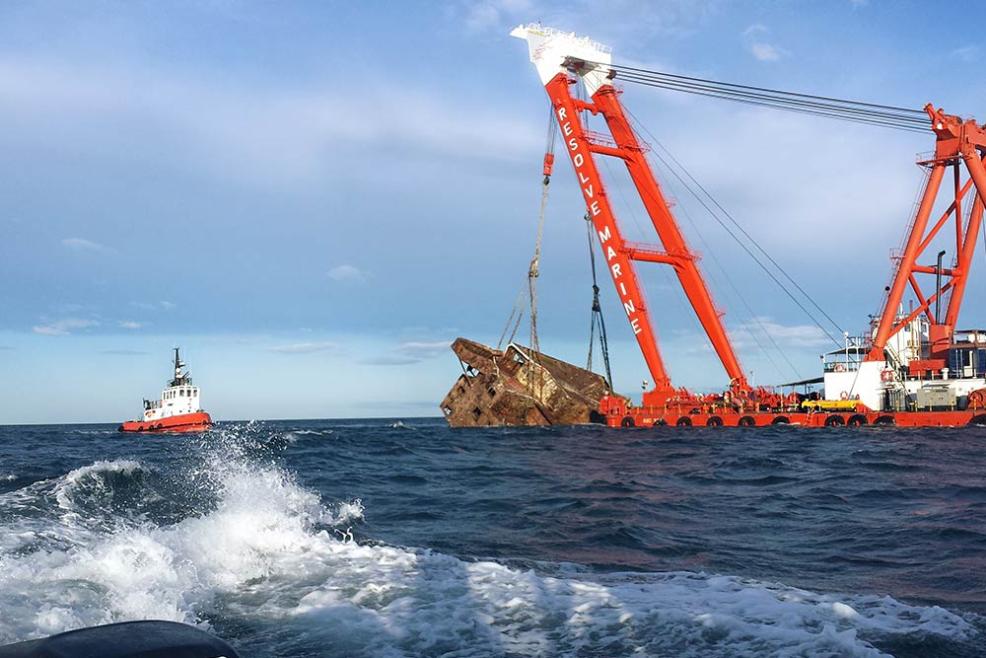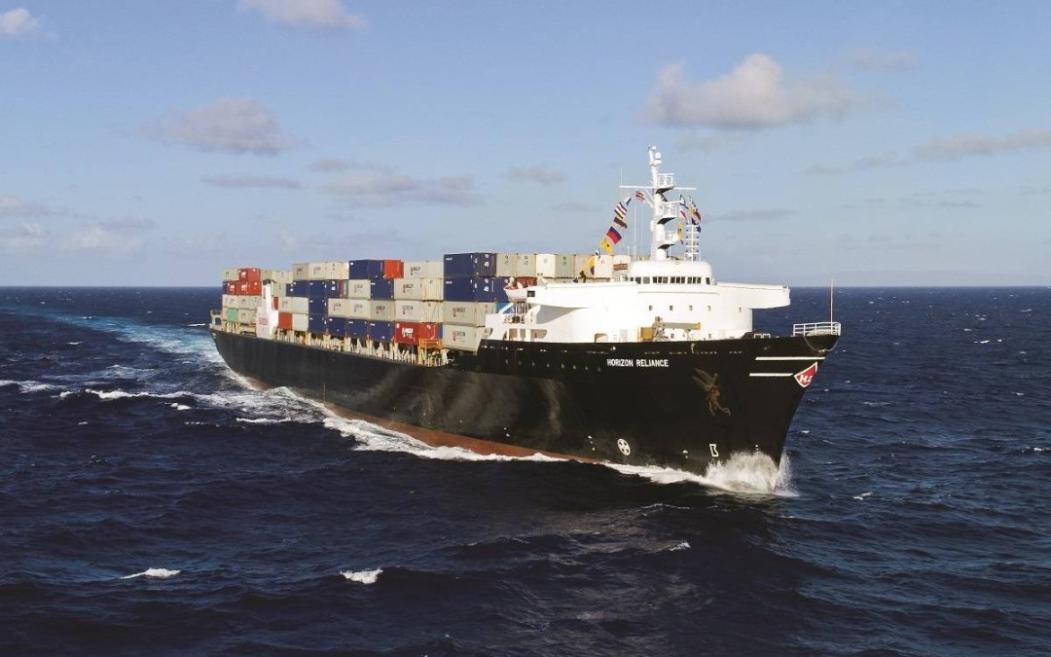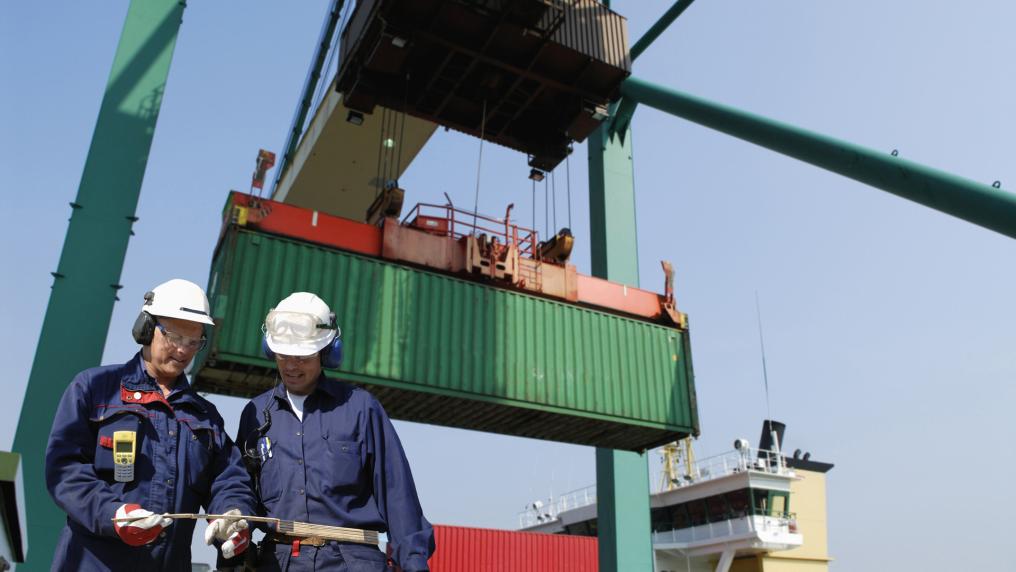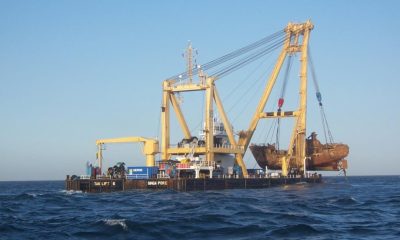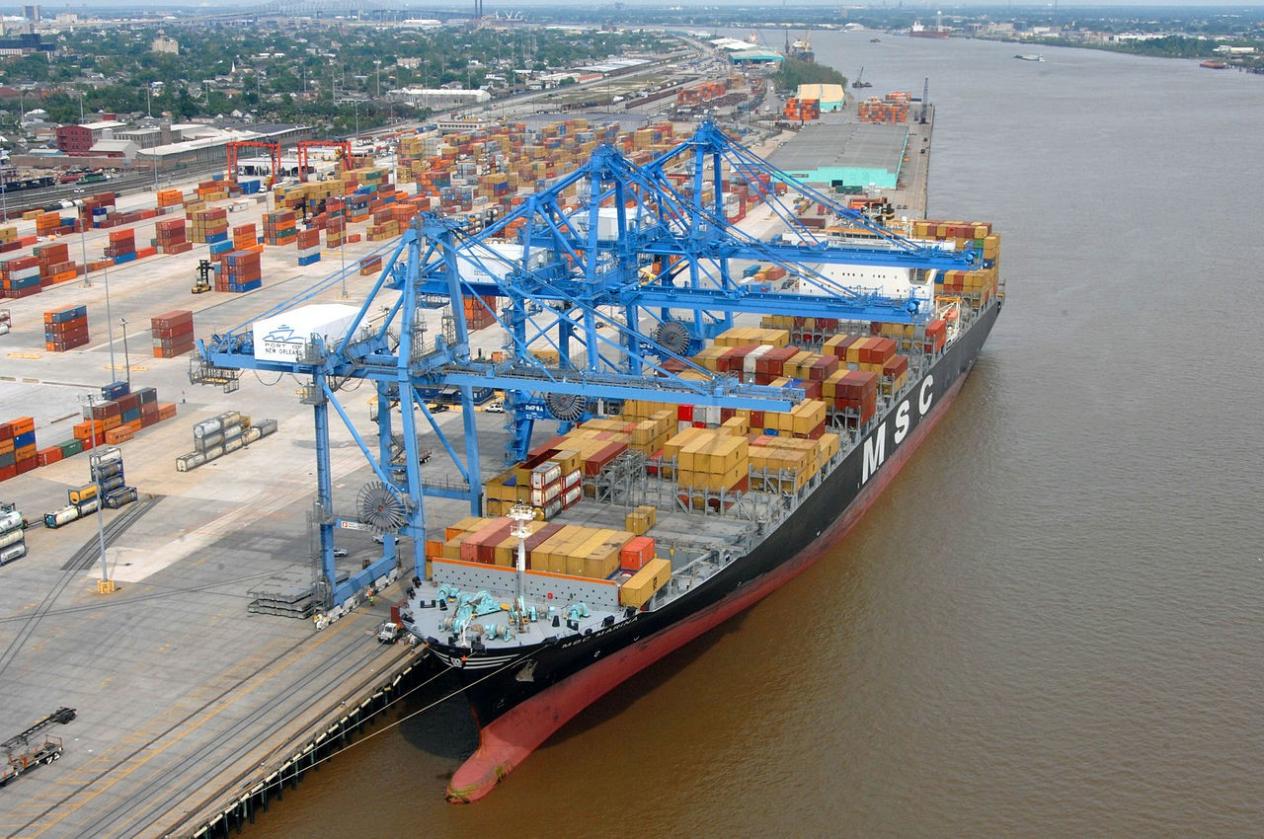
What should I do if my port and port workers compensation claim is denied?
Follow Us @
What should I do if my port and port workers compensation claim is denied?
– best Law and lawyer related updates, fresh and up to date opportunities and best lawyers near you!
Port and Harbor Workers Compensation Act
In the realm of maritime labor, the Longshore and Longshore Workers Compensation Act (LHWCA) stands as a vital safety net, providing financial support and medical assistance to workers injured on the job. However, the process of registering and obtaining compensation under the LHWCA can be complex and challenging, and it is not uncommon for claims to be denied.

If you find yourself in this unfortunate situation, it is crucial to understand your rights and act promptly to protect your interests. Here, we investigate the steps you can take to navigate the complexities of a denied LHWCA claim and seek the compensation you deserve.
1. Understand Your Rights and Options:
Familiarize yourself with the provisions of the LHWCA and your rights as an injured worker. The act outlines specific criteria and procedures for recording and processing orders, and it is essential to adhere to these guidelines.
- Time Limits: Act quickly as there are strict deadlines for filing an appeal. The LHWCA generally requires that you file an appeal within 30 days of receiving the denial notice.
- Gather evidence: Gather all relevant documentation related to your injury, including medical records, accident reports, and witness statements. This evidence will be crucial in supporting your appeal.
2. Register an Appeal:

To formally contest the denial of your claim, you must file an appeal with the Benefits Review Board (BRB). This expert council is responsible for reviewing LHWCA applications and making final decisions.
- Formalities: Obtain the necessary forms from the BRB or your local Department of Labor office. Complete the forms accurately and completely, providing detailed information about your request and the reasons for your appeal.
- Supporting documents: Attach all relevant evidence, including medical records, accident reports and witness statements, to your appeal form.
- Punctuality: Submit your appeal within the specified time frame to avoid delays or possible dismissal of your case.
3. Seek Legal Assistance:
Navigating the complexities of the LHWCA appeals process can be daunting. Consider seeking the guidance of an experienced attorney who specializes in maritime law and LHWCA claims.
- Specialization: A qualified attorney can provide valuable insight into the legal complexities of your case and help you build a solid appeal.
- Representation: Your lawyer can represent you before the BRB, presenting your case effectively and defending your rights.
- Negotiation: In some cases, your attorney can negotiate a favorable settlement with the employer or insurance company, potentially avoiding the need for a formal hearing.
4. Prepare for the Hearing:
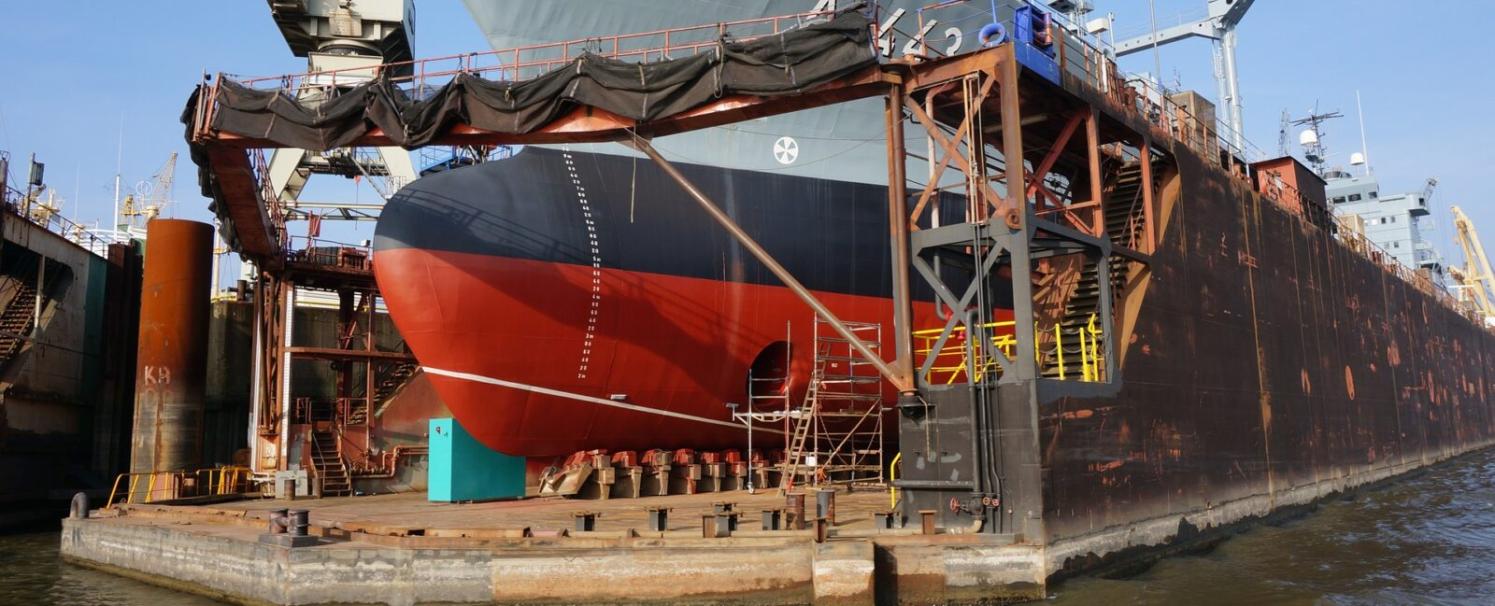
If your appeal is successful, you will receive a hearing notice from the BRB. This hearing provides an opportunity for you and your attorney to present your case and evidence to an administrative law judge (ALJ).
- Preparation: Work closely with your attorney to prepare for the hearing. This may involve collecting additional evidence, practicing your testimony, and anticipating possible questions from the ALJ.
- Representation: Your attorney will represent you at the hearing, examining witnesses, presenting evidence, and arguing on your behalf.
- Decision: The ALJ will issue a written decision following the hearing outlining the findings and conclusions. This decision can be appealed to the full BRB or, in some cases, to federal court.
5. Stay Informed and Be Patient:
The LHWCA ordering process can be long and complex. It is important to stay informed about the status of your case and be patient throughout the process.
- Communication: Maintain open communication with your attorney and the BRB to ensure that you are promptly notified of any updates or developments in your case.
- Patience: Recognize that the LHWCA claims process can take time, and it is essential to be patient while your case is being reviewed and adjudicated.
Navigating a denied LHWCA claim requires determination, persistence, and a thorough understanding of your rights and options. By following these steps and seeking the guidance of an experienced attorney, you can increase your chances of getting the compensation you deserve for your work-related injury.
What should I do if my port and port workers compensation claim is denied?
Follow AFRILATEST on Google News and receive alerts for the main trending Law and layers near you, accident lawyers, insurance lawyer, robotic Lawyer and lots more! What should I do if my port and port workers compensation claim is denied?
SHARE POST AND EARN REWARDS:
Join our Audience reward campaign and make money reading articles, shares, likes and comment >> Join reward Program
FIRST TIME REACTIONS:
Be the first to leave us a comment – What should I do if my port and port workers compensation claim is denied?
, down the comment section. click allow to follow this topic and get firsthand daily updates.
JOIN US ON OUR SOCIAL MEDIA: << FACEBOOK >> | << WHATSAPP >> | << TELEGRAM >> | << TWITTER >
What should I do if my port and port workers compensation claim is denied?
#port #port #workers #compensation #claim #denied
-

 Fashion3 months ago
Fashion3 months agoVogue Arabia cover welcomes Salma Hayek in an interview with Penélope Cruz
-

 Football3 months ago
Football3 months agoVAR points out Diego Costa's offense against the fourth referee
-

 USA today entertainment3 months ago
USA today entertainment3 months agoBeyonce with the single “Break My Soul” leads on Spotify Brazil
-

 Health and Fitness3 months ago
Health and Fitness3 months agoVaccine against the reappearance of skin cancer enters final testing phase
-

 USA today entertainment3 months ago
USA today entertainment3 months agoSZA, Future and DJ Khaled come together in collaboration
-

 News3 months ago
News3 months agoParents of former player Waleswska are pressured by widower to pay rent for the house where they live
-

 USA today entertainment3 months ago
USA today entertainment3 months agoLarissa Luz and Linn da Quebrada enchant at the Multishow Awards with a tribute to Elza Soares.
-

 Good News TV series3 months ago
Good News TV series3 months agoThe shocking reason behind the decision not to show dead characters in The Last Of Us episode revealed













